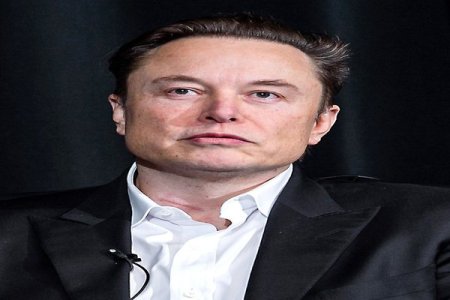
Nigeria's consumer protection agency, FCPC fines Meta $220 million for alleged discriminatory practices and data privacy violations. The penalty follows a joint investigation into Meta's operations from 2021 to 2023. The decision highlights increasing regulatory scrutiny of tech giants in emerging markets and efforts to protect digital rights.
Meta Platforms Inc., the parent company of Facebook, Instagram, and WhatsApp, faces a hefty $220 million fine imposed by Nigeria's Federal Competition and Consumer Protection Commission (FCCPC).
The penalty comes after a joint investigation with the Nigeria Data Protection Commission (NDPC) into Meta's practices between May 2021 and December 2023.
The FCCPC's Acting CEO, Dr. Adamu Abdullahi, announced the fine, citing allegations of discriminatory practices against Nigerian data and consumers.
The investigation revealed that Meta had engaged in "abusive and invasive practices" over an extended period, violating both the FCCPC Act and Nigeria's Data Protection Regulation.
Key infractions include the appropriation of personal data without consent, discriminatory practices against Nigerian users, and the implementation of exploitative privacy policies. The FCCPC also accused Meta of abusing its dominant market position by forcing non-compliant privacy terms on users.
Meta has been given opportunities to defend its practices throughout the investigation. The final order not only imposes the monetary penalty but also mandates steps for Meta to comply with Nigerian law and cease exploitative practices.
This development comes on the heels of a separate legal victory for Meta, where a N30 billion lawsuit over alleged illegal advertisements was struck out by the Federal High Court in Abuja.
The fine raises questions about the future of tech giants' operations in emerging markets and the increasing scrutiny of their data practices globally. It also highlights Nigeria's efforts to protect its citizens' digital rights and enforce data protection laws.
As Meta navigates this regulatory challenge, the tech industry watches closely to see how this might impact operations and policies in Africa's largest economy and beyond.





